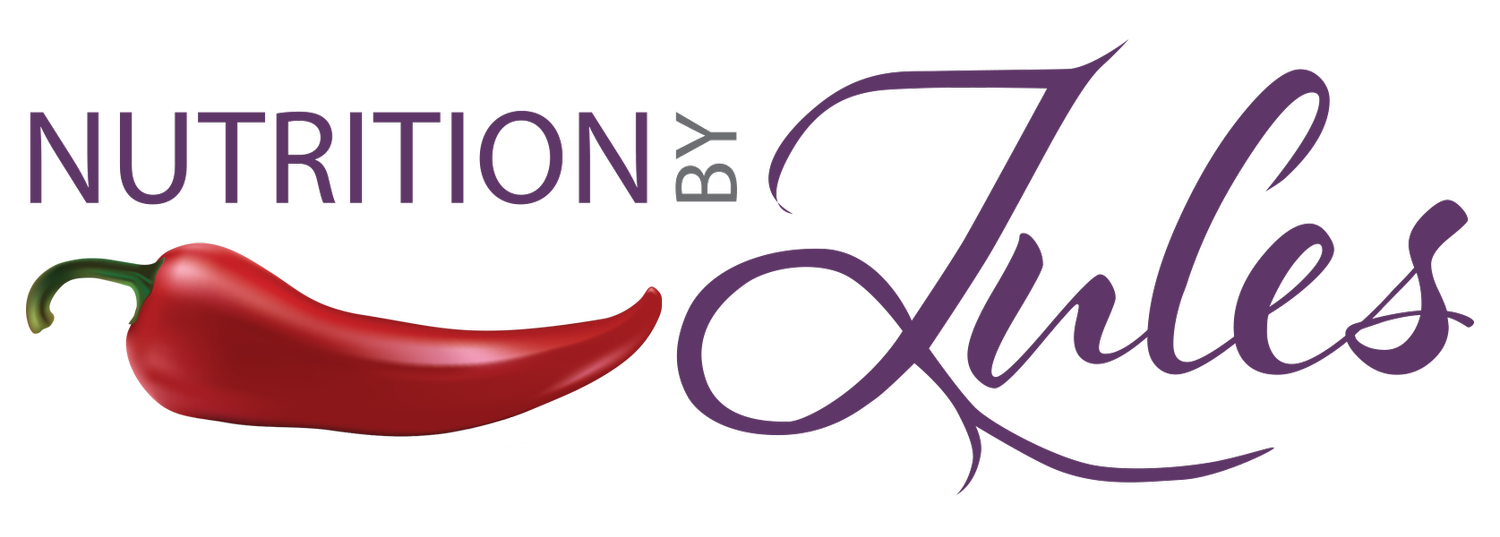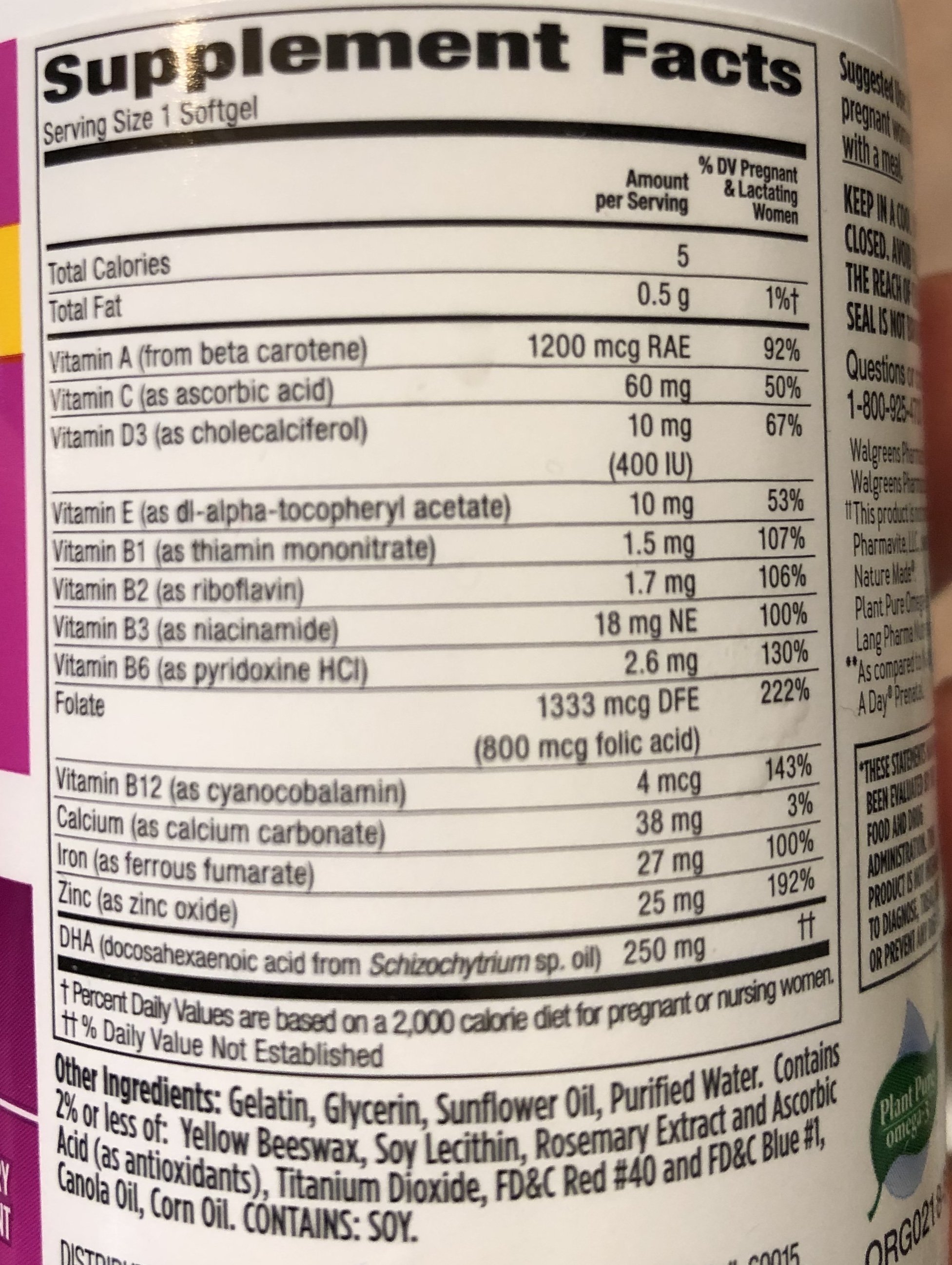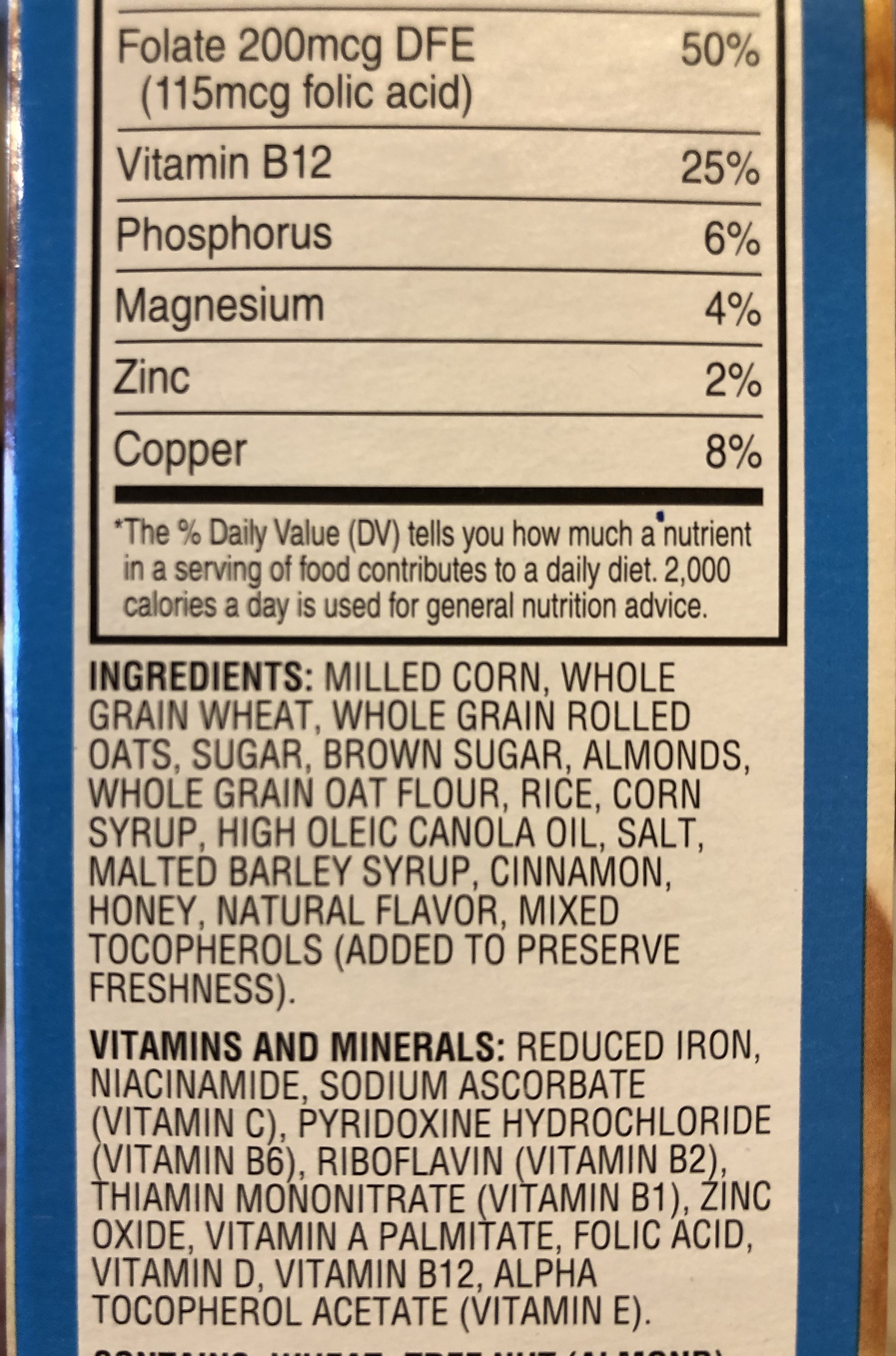Spotlight on Cobalamin
Cobalamin! Known to most as vitamin B12
is one of eight essential, water-soluble B vitamins found in food. The others include thiamin (B1), riboflavin (B2), niacin (B3), pantothenic acid (B5), pyridoxine (B6), biotin (B7), and folic acid (B9).
B12 is unique among the B vitamins in two ways...
- It is only found naturally in animal products.
- It needs a special helper, called intrinsic factor, in order to be absorbed during digestion.
Let's break these down to see how they may relate to us and our health.
The roles of B12 in the body include:
- Making of red blood cells, DNA, RNA and hormones
- Nerve and brain cell production
- Protein and fat metabolism
- (one of many helpers in these processes)
It is important to note that B12 does not work alone and therefore is reliant on adequate, and not excessive, intake of all vitamins and minerals, especially B6 and B9, to function properly. More reason for a well balanced diet!
How do you know if you are lacking in B12?
If we don't get enough cobalamin into our body it can cause symptoms including:
- fatigue
- weakness
- constipation
- appetite loss
- weight loss
- tingling in hands and feet
- balance issues
- memory loss and dementia
- depression
If you feel any of these symptoms it is wise to consult with your dietitian or health care professional.Most individuals, especially in the US, are not deficient in B12 UNLESS you have limited intake of animal foods. Non diet related reasons may be stomach acid or intestinal complications or lacking in intrinsic factor production.You can have B12 levels checked via a lab draw with your health care professional if you feel deficiency may be an issue.
What do you do if you know you will not, or can not, be consuming animal products?
- Look for foods fortified with B12
- Examples= non-dairy milks, cereals, nutritional yeast, variety of vegan products such as meat substitutes.
- Take a supplement
- No upper limit of intake has been established for B12, meaning not enough research has shown danger with high doses consumed (a few studies show negative influence on bone health).
- B12 is a water soluble vitamin so excess amounts in the body will not be stored, but will be flushed out in your urine or.
- That said, there is no point in taking high doses when it is not warranted. Your body will only use a set amounts a day (see RDA amount below) and the rest is a waste, literally it will go out with your body waste.
Example amounts of B12 in foods are below.
For reference, the Recommended Daily Allowance (RDA) for adults is 2.4 mcg a day.
- Fish/shellfish (natural)= 2-6 mcg per 3 ounce serving
- Meat (natural)= 1-2 mcg per 3 ounce serving
- Poultry (natural)= 0.3-0.5 mcg per 3 ounce serving
- Eggs (natural)= 0.3-0.6 mcg per egg
- Milk, yogurt, cottage cheese (natural)= 1-2 mcg per cup
- Cheese (natural)= 1 mcg per ounce
- Milk alternatives, such as almond and soy (fortified)= 2-3mcg per 1 cup*
- Cereals (fortified)= varies per serving
- Nutritional Yeast (fortified)= 1-2mcg per Tablespoon*
- Supplements= 100% or more of the RDA*
*read label for exact amounts
Intrinsic Factor
The second unique quality of vitamin B12, intrinsic factor, is a protein that binds to free vitamin B12 for absorption in the small intestines. Without it, B12 would never reach our blood stream and therefore can not be used to perform its essential duties in our body.We make a finite amount of intrinsic factor so it is therefore a limiting factor in how much cobalamin we can absorb. So it you consume a high dose, via food or a supplement, only a certain percentage will actual make its way into the blood. The more you consume the less this percentage is.This makes it important to have B12 in foods throughout the day, and every day. Remember, we can't store it! An injection to insure B12 makes it directly into the blood stream may be the best option for those who don't make enough intrinsic factor or are severely deficient and can not absorb enough orally with high dose supplementation. This is a last resort based on symptoms and clinical testing and is clinically administered.
Bottomline: CHECK IN
Do a quick evaluation of your sources of cobalamin, in foods and supplements, on a daily basis. Do you feel you consume enough? Not enough? Do you have symptoms that might warrant an increase in B12 rich foods, a focus on a more balanced diet overall, or a consultation with a dietitian or health care provider? Resources:Harvard School of Public Health, The Nutrition Source, Vitamin B12: https://www.hsph.harvard.edu/nutritionsource/vitamin-b12/National Institute of Health, Office of Dietary Supplements, Vitamin B12 Fact Sheet for Professionals: https://ods.od.nih.gov/factsheets/VitaminB12-HealthProfessional/



